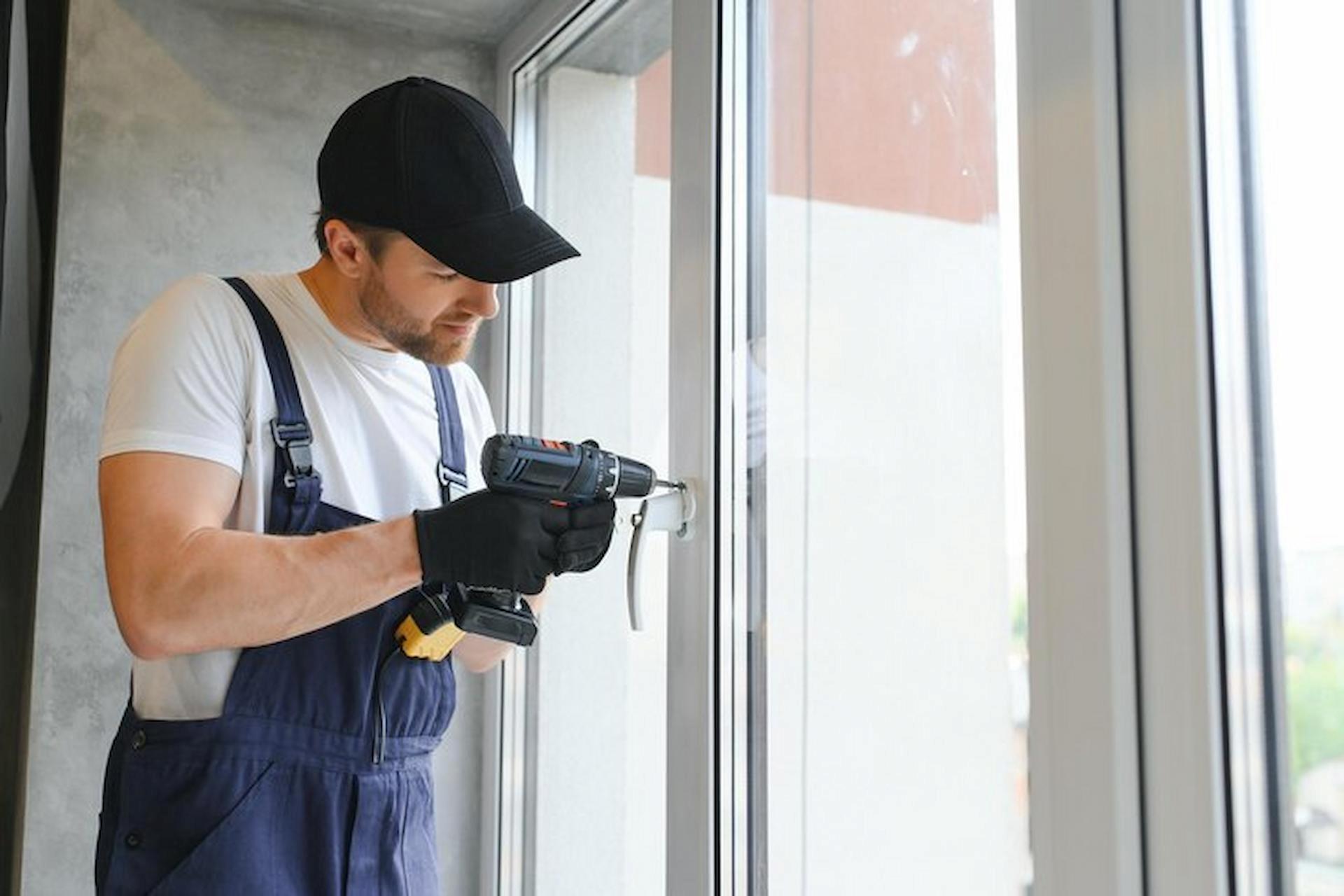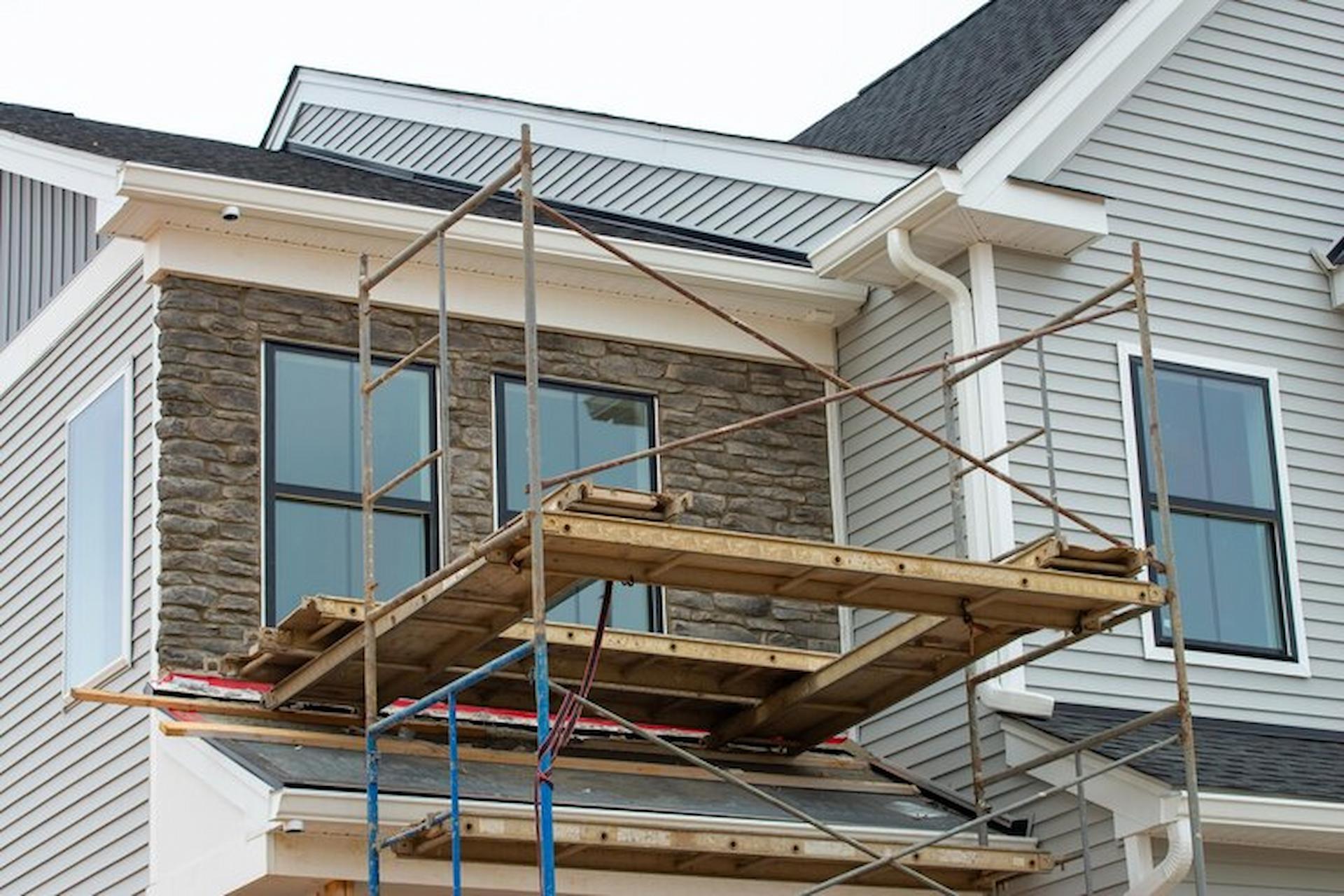Glass repair can seem easy, but when is the time to tackle the job yourself, and when should you call in the professionals? This guide explores both options, helping you decide what’s best for your situation while considering safety, cost, and long-term results.
Glass is a fragile yet essential part of our homes and vehicles. From windows to tabletops, mirrors, and windshields, glass plays a crucial role in our daily lives. However, the dilemma arises when it breaks or cracks: should you attempt a DIY repair or call a professional? Deciding between DIY and experienced glass repair depends on various factors such as safety, the complexity of the damage, costs, and long-term results. In this article, we’ll guide you through the pros and cons of both options, providing practical advice to help you make the right decision for your glass repair needs.
The Types of Glass Damage: Not All Breaks Are Equal
When it comes to glass repair, not all damage is created equal. There are different types of cracks, chips, and breaks, and understanding these can help you determine whether a DIY approach is feasible.
Types of glass damage:
- Surface scratches: These are shallow scratches that can often be buffed with the right tools.
- Chips: Small pieces of glass are missing from the surface, which can usually be fixed with a repair kit.
- Cracks: Can range from small, localised cracks to enormous, spreading fractures.
- Shattered glass: Extensive damage where the glass has broken into many pieces, making DIY repair nearly impossible.
When to DIY:
- DIY can save you money if the damage is minor, such as a scratch or chip, and you have suitable materials.
- A glass repair kit, available at most hardware stores, can often manage small cracks that haven’t spread.
When to call the professionals:
- If the crack spreads or affects the item’s structural integrity (such as a car windshield), professional repair is essential to ensure safety.
The Pros and Cons of DIY Glass Repair: What You Need to Know
DIY glass repair can be tempting because of cost savings and convenience. However, it can be more challenging than it seems, and several factors must be considered before attempting a repair yourself.
Pros of DIY glass repair:
- Cost-effective: Buying a repair kit is cheaper than hiring a professional.
- Convenience: You can fix minor issues without waiting for a technician.
- Satisfaction: The pride of completing a repair yourself can be rewarding.
Cons of DIY glass repair:
- Limited effectiveness: Repair kits are great for small chips or cracks, but the repair might only hold up for manageable damage.
- Safety risks: Handling broken glass without proper training or tools can lead to injury.
- Time-consuming: DIY repairs often take longer than expected, especially if you are unfamiliar with the process.
Expert tip: Always wear protective gloves and eyewear when attempting DIY glass repair to minimise the risk of injury.
The Risks of DIY Glass Repair: Safety First
Safety is one of the most significant considerations in DIY glass repair. Glass is sharp and unpredictable when broken, and severe risks can be experienced if you don’t have the right equipment or experience.
Common safety risks in DIY glass repair:
- Cuts and lacerations: Handling broken glass without protective gear can lead to severe cuts.
- Improper handling: Mishandling glass can cause further damage, worsening the situation.
- Structural failure: A poorly repaired piece of glass, especially in a car or a window, can shatter unexpectedly, leading to injury or property damage.
Professional glass repair:
- Professional technicians are trained to handle glass safely and have the right tools to prevent injury.
- They can assess the overall safety of the repair, ensuring that the glass won’t pose a risk in the future.
When to choose professional repair:
- For large cracks, shattered glass, or safety-critical items like windshields, it’s best to let an expert handle the repair to avoid further damage or safety issues.
Cost Comparison: Is DIY Glass Repair Cheaper?
The glass repair cost can vary widely depending on the glass type and the damage’s extent. Many homeowners and vehicle owners choose the DIY route to save money, but is it cheaper in the long run?
DIY glass repair costs:
- Repair kits: DIY kits for minor chips and cracks, depending on the quality.
- Materials: The cost of protective gloves, cleaning supplies, and repair tools will be higher if you don’t already have them.
Professional repair costs:
- Home window repair: Professional services typically cost, depending on the size and type of glass.
- Windshield repair: Prices for vehicle windshields can range from minor repairs to or more for complete replacements.
- Custom glass: If your home or business has custom glass, professional repair might be necessary to match the design, which could increase costs.
The long-term perspective:
- A DIY repair is cheaper upfront, but if the repair fails or the glass breaks again, you could pay more in the long run for a professional fix.
- Professional repairs often come with a warranty, giving you peace of mind that the job was done right.
When to Call the Experts: Situations That Require Professional Glass Repair
While DIY can work for minor chips and scratches, there are situations where professional help is essential. Knowing when to call the experts can save you from costly mistakes and ensure the repair is done safely and effectively.
When to call a professional:
- Large cracks or shattered glass: Once cracked or broken, it becomes structurally unsound, making it unsafe for DIY repair.
- Complex repairs: Custom windows, mirrors, and speciality glass (such as tempered or laminated glass) require professional knowledge and tools.
- Windshield repairs: In most cases, a damaged windshield must be handled by a certified technician, especially if the crack is more significant than a quarter or in the driver’s line of sight.
- Glass doors: Sliding glass doors or shower doors are heavy and difficult to handle, making professional repair the safer option.
The benefits of calling a professional:
- Expertise: Professionals have the experience and tools to fix the problem correctly the first time.
- Safety: Trained technicians can handle dangerous situations, like shattered glass, without risking further injury.
- Warranty: Many professional services offer warranties, ensuring that if something goes wrong, you’re covered.
The Hidden Benefits of Professional Glass Repair: More Than Just a Quick Fix
Hiring a professional for glass repair offers more than just a quick fix. The benefits extend beyond the initial repair, providing long-term solutions that improve the safety and appearance of your home or vehicle.
Professional benefits include:
- Precision repairs: Professionals can match glass types, ensuring a seamless repair that blends with the original piece.
- Time-saving: A professional repair is often completed faster than a DIY attempt, especially for complex jobs.
- Increased property value: Well-maintained glass in windows, doors, and mirrors can improve your home’s overall appearance and value.
- Insurance coverage: Many insurance policies cover professional glass repair, especially for windshields, which can help offset the cost.
Why quality matters:
- Poorly repaired glass can crack again, leading to more damage and cost. A professional repair ensures the glass remains solid and safe for the long term.
Final Thoughts
When deciding between DIY glass repair and calling a professional, weighing the pros and cons is essential. DIY glass repair can be a cost-effective solution for minor damage but comes with risks, such as safety hazards and potential long-term costs if the repair fails. Calling a professional is the best option for more extensive damage, such as large cracks, shattered glass, or specialised repairs. Not only will they ensure the repair is done safely, but they also provide warranties, saving you from future headaches.
Ultimately, choosing the correct repair method depends on the size and complexity of the damage and your confidence in handling glass safely. With the proper information and tools, you can make an informed decision that keeps your home, vehicle, and family safe.






